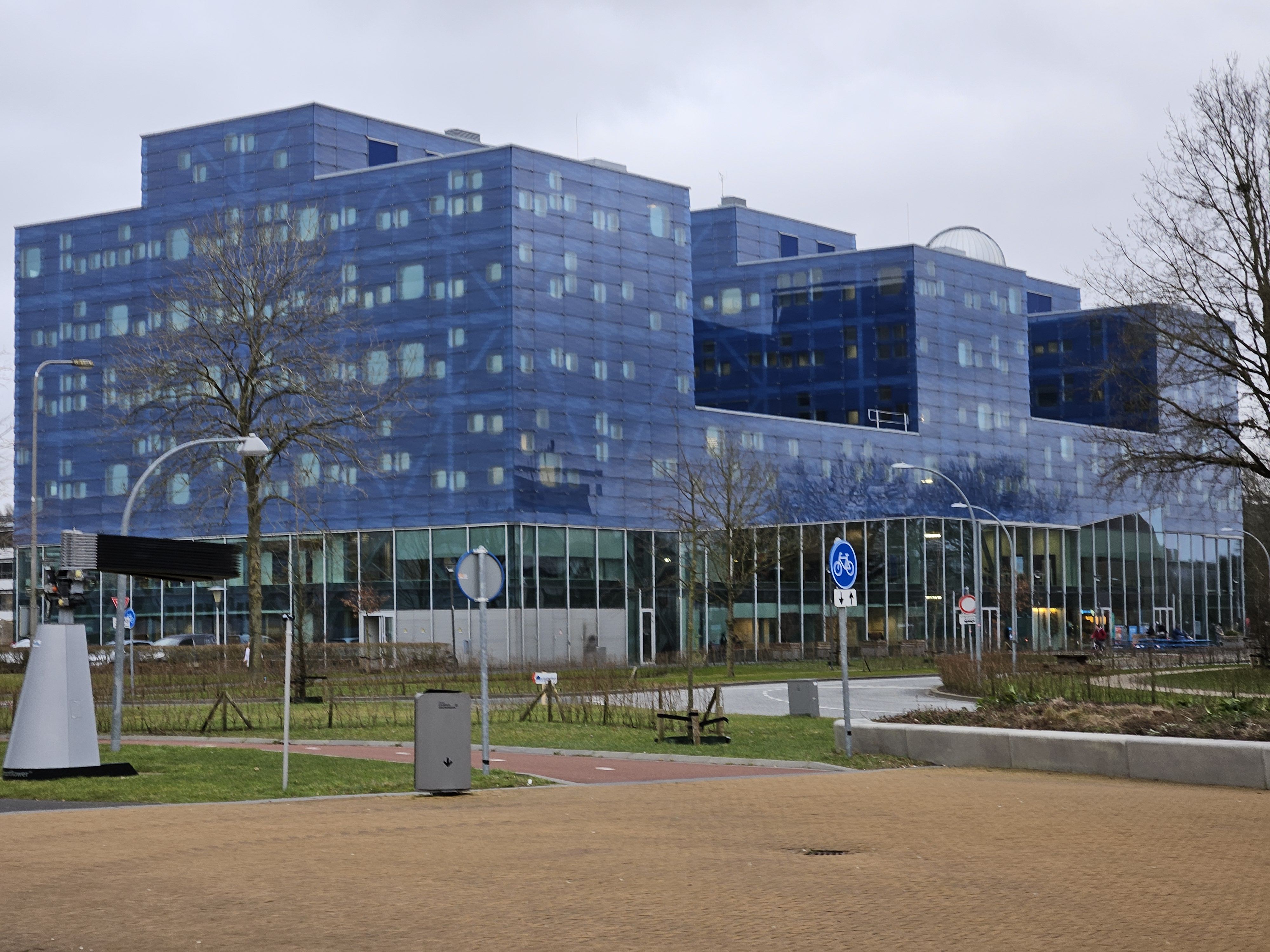Research Areas
Distributed Information Systems are concerned with the delocalization of computation on several hosts and their coordination via message passing. Looking at today's information systems, one notices that most of them, if not all, have some form of distribution. The key issues that emerge for research become those of addressing heterogeneity, scalability, and run-time adaptation.
In the context of distributed systems, the group focuses on a number of sub-areas:
- Service-Oriented and Cloud Computing
- Pervasive Computing
- Middleware for Pervasive Computing and Adaptive Communications
- Network-centric Real-time Analytics, and
- Sensor Networks
While interesting applications areas for the group are
- Healthcare
- Domitcs
- Smart Energy Systems
Service-Oriented and Cloud Computing
Service-Oriented Computing (SOC) is a popular computing paradigm for building distributed information systems in which the concepts of distribution, openness, asynchronous messaging and loose coupling take a leading role. In this context, applications are built out of individual services that expose functionalities by publishing their interfaces into appropriate repositories, abstracting entirely from the underlying implementation. Published interfaces may be searched by other services or users and subsequently be invoked. The interest in SOC is a consequence of the shift from a vision of a Web based on the presentation of information to a vision of the Web as computational infrastructure, where systems and services can interact in order to fulfill users' requests. Web Services (WS), the best-known example, are the realization of service-oriented systems based on open standards and infrastructures, extending the XML syntax. The `servicization' of software envisioned with SOC has brought to the idea of Cloud Computing. In the latter approach, services are further abstracted and clustered in opaque and remote ``clouds'' of computational and storage services. This allows for virtually infinite scalability from the service consumer perspective, while promoting the `offering' of underutilized resources on the producer's side. Our group is active on five main lines of research: (1) Artificial Intelligence (AI) planning for taking advantage of the dynamicity of SOC and Cloud frameworks; (2) Cloud provisioning; and (3) Service-based business process management.
Alexander Lazovik
